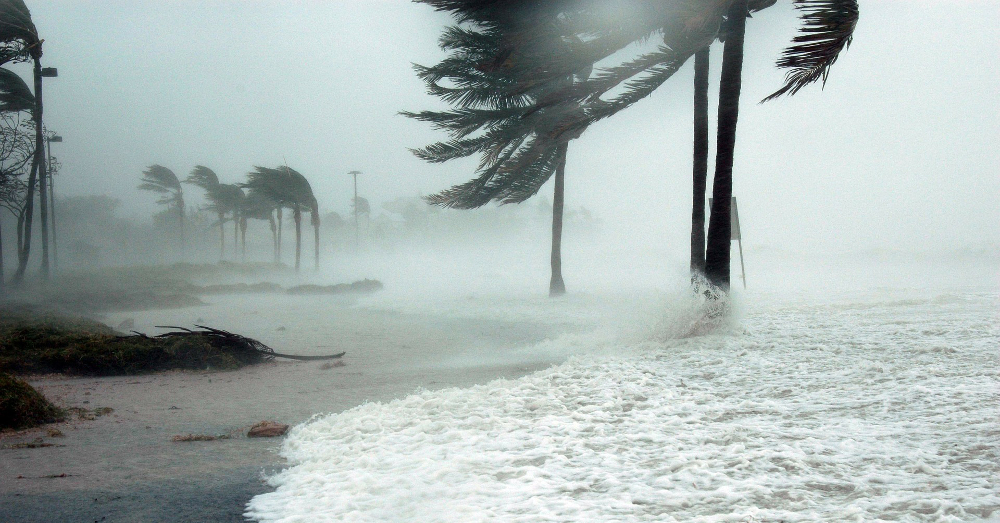
New Climate Debate: How to Adapt to the End of the World
At the end of 2016, before Puerto Rico’s power grid collapsed, wildfires reached the Arctic, and a large swath of North Carolina was submerged under floodwaters, Jonathan Gosling published an academic paper asking what might have seemed like a shrill question: How should we prepare for the consequences of planetary climate catastrophe?
September 26, 2018 | Source: Bloomberg | by Christopher Flavelle
Researchers are thinking about social collapse and how to prepare for it.
At the end of 2016, before Puerto Rico’s power grid collapsed, wildfires reached the Arctic, and a large swath of North Carolina was submerged under floodwaters, Jonathan Gosling published an academic paper asking what might have seemed like a shrill question: How should we prepare for the consequences of planetary climate catastrophe?
“If some of the more extreme scenarios of ecocrisis turn out to be accurate, we in the West will be forced to confront such transformations,” wrote Gosling, an anthropologist who’d just retired from the University of Exeter in England.
Almost two years later, as the U.S. stumbles through a second consecutive season of record hurricanes and fires, more academics are approaching questions once reserved for doomsday cults. Can modern society prepare for a world in which global warming threatens large-scale social, economic, and political upheaval? What are the policy and social implications of rapid, and mostly unpleasant, climate disruption?
